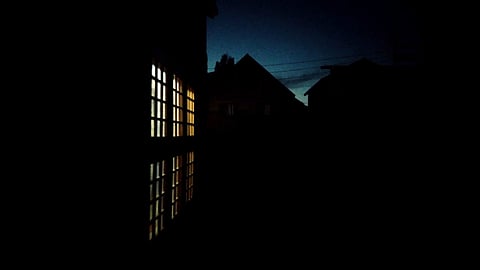While I exist as a spirit in this cold grey valley, sometimes I get tired of not being seen and perceived, not being heard, and not being able to leave my footprints on snow as I pass by mountains, towns, and villages. However, in this valley marred by grief, complaining about these little inconveniences seems a bit absurd and, at times, quite selfish. Selfish, even for someone like me, whose entire sense of self is unresolved and perpetually in doubt. This valley that I have grown to call my home, I don't call it by its name, for it makes me uneasy. Every time I hear its name being said out loud, I fear something bad might happen. The thought of leaving this place and its disquiet crosses my mind often. In the past, I have acted upon this impulse, but every time I left, I found myself taking the arduous journey of coming back here.
I leave this valley, which is my home, because I get tired of being invisible here. Sometimes, I long to participate in the events that are taking place in the streets, rivers and markets. However, people pass through me as I reach out for them. I am ridiculed by other spirits for these frivolous desires. They mock my longing for home by saying that spirits do not have homes. I disagree. I say home is only a place, and a place is its people. So, doesn't that make these people my people, and this valley my home?

